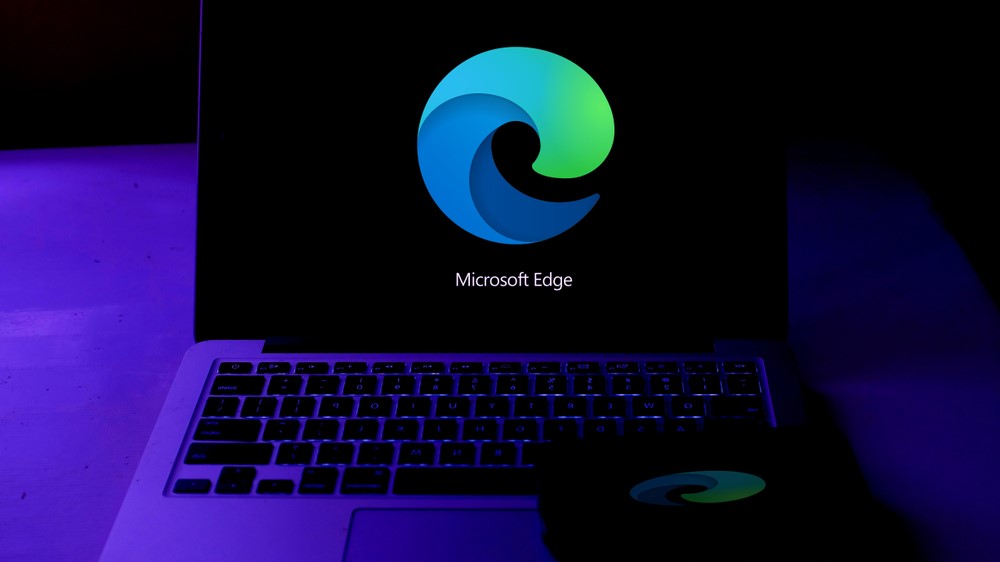Using PDFs in Microsoft Edge is about to get a whole lot better
Adobe Acrobat integration will gradually roll out to managed devices

Microsoft’s web browser, Edge, now comes with integrated Adobe Acrobat technology, enhancing its PDF capabilities.
The company confirmed the changes in a blog post published earlier this week, adding that regular consumers, as well as unmanaged professionals, should see the change right away.
Professional users will have to wait until the change rolls out to managed devices “over time”, as the feature gets further testing and users slowly transition, the company added.
Unique PDF experience
In any case, a month after first announcing the change, Microsoft integrated the new feature into version 111.0.1661.44. The company hopes it will further enhance the PDF experience, as it looks to shape the future of the workplace as well as overall digital experience for consumers.
The legacy engine, currently found in the Microsoft Edge PDF solution, is scheduled to be removed on March 31, 2024, the company concluded.
Consumers eager to give the new feature a go should check their browser’s version. It should update automatically, but in case automatic updates are turned off (or don’t work for whatever reason), they can be triggered manually by bringing up the menu, tapping Help and Feedback, About Microsoft Edge, and then just waiting for the update to download.
“By powering the Microsoft Edge built-in PDF reader with the Adobe Acrobat PDF engine, users will receive a unique PDF experience that includes higher fidelity for more accurate colors and graphics, improved performance, strong security for PDF handling, and greater accessibility—including better text selection and read-aloud narration,” Microsoft added.
Sign up to the TechRadar Pro newsletter to get all the top news, opinion, features and guidance your business needs to succeed!
The tech giant also pointed out that “there is no requirement to purchase an Adobe Acrobat subscription to use the Microsoft Edge built-in PDF free capabilities.”
It’s also worth mentioning that the change will only be available for users sporting either Windows 10 or Windows 11; users of older versions of the OS will be out of luck.
- Here are the best free PDF viewers right now
Via: ONMSFT
Sead is a seasoned freelance journalist based in Sarajevo, Bosnia and Herzegovina. He writes about IT (cloud, IoT, 5G, VPN) and cybersecurity (ransomware, data breaches, laws and regulations). In his career, spanning more than a decade, he’s written for numerous media outlets, including Al Jazeera Balkans. He’s also held several modules on content writing for Represent Communications.